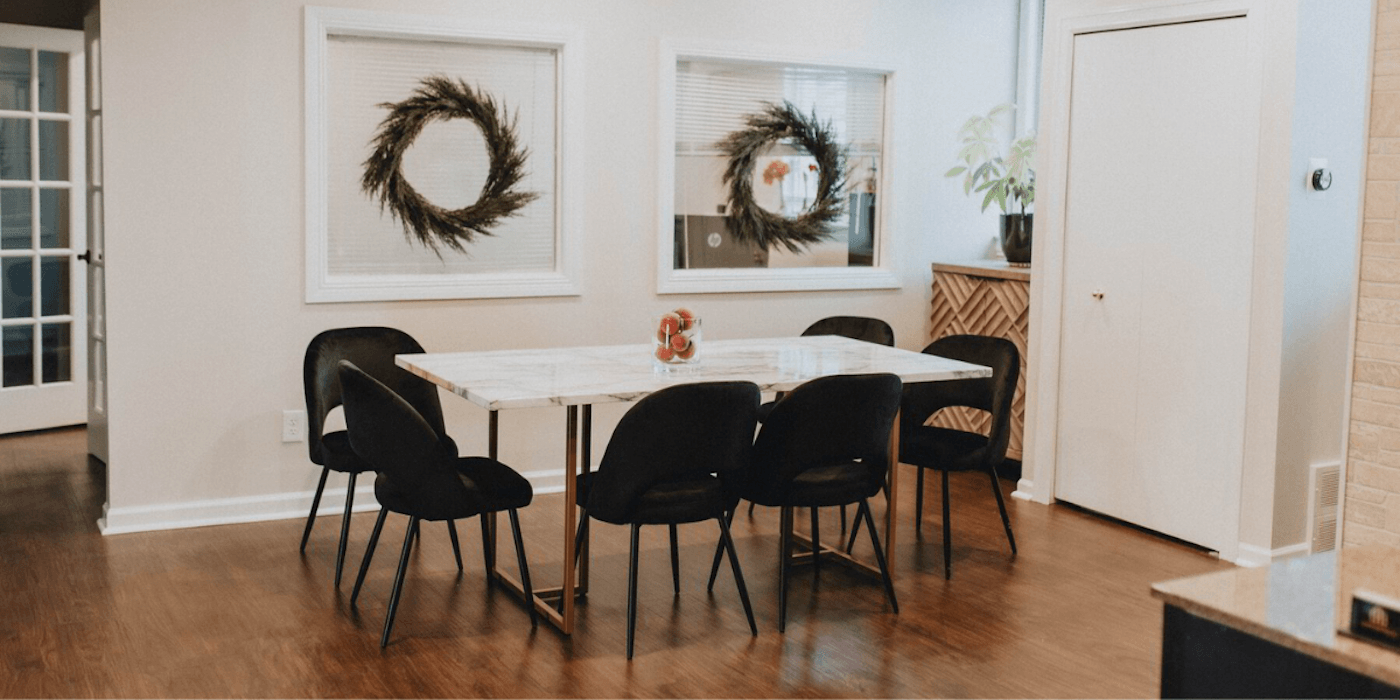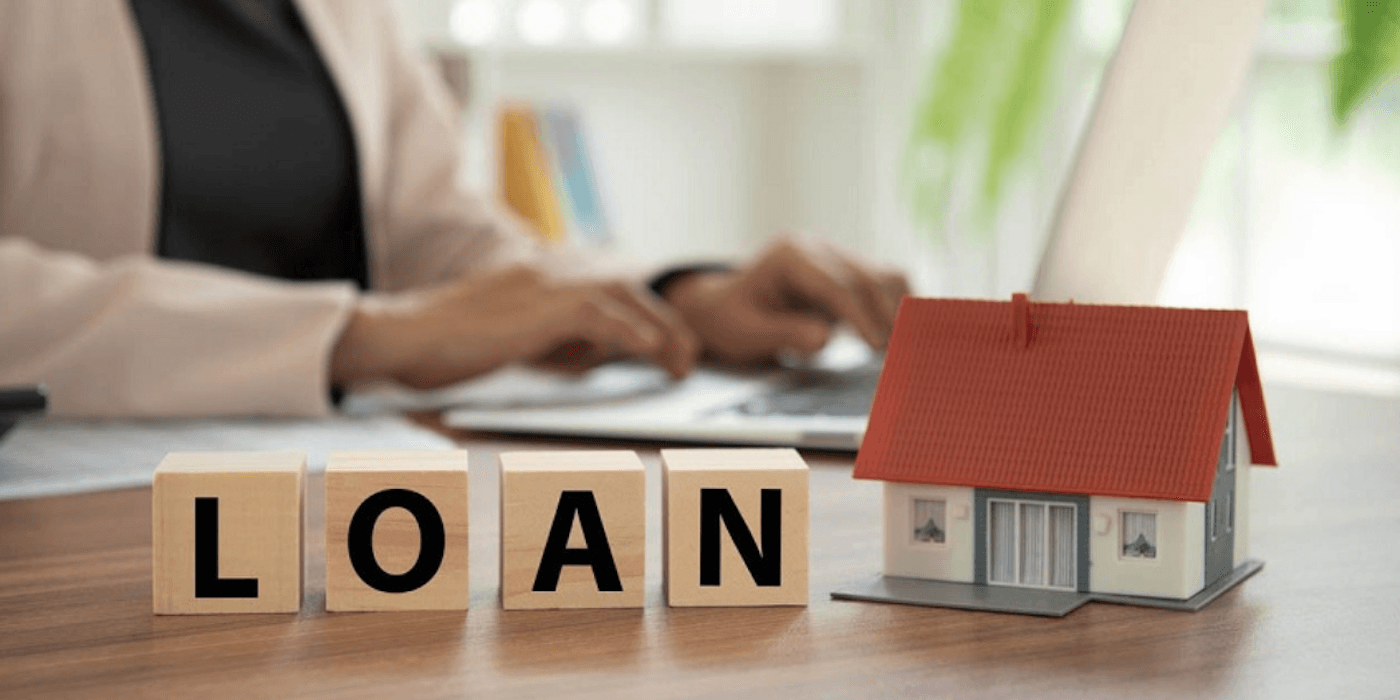Securing a Renovation Loan with No Equity: Is it Possible?

Introduction
Undertaking a home renovation is an exciting yet often costly endeavor. Whether it's upgrading your kitchen, adding an extra bedroom, or transforming your backyard, renovations can significantly enhance the value and enjoyment of your home. However, many homeowners face a common obstacle: the need for financing. Traditional renovation loans often require equity in the property as collateral, leaving those without sufficient equity wondering if securing a renovation loan is even possible. In this blog post, we will explore the feasibility of obtaining a renovation loan without equity and provide insights from a credit finance professional's perspective.
Understanding Equity in Renovation Loans
In renovation loans, equity refers to the difference between the current market value of your home and the outstanding mortgage balance. Lenders typically use equity as collateral to secure the loan, reducing their risk. When you have equity in your property, you have a higher chance of qualifying for a traditional renovation loan and accessing larger loan amounts. However, what if you don't have enough equity or any equity at all? Let's delve deeper into alternative options.
Exploring Alternative Options

When it comes to securing a renovation loan without any equity in your home, traditional options may seem out of reach. However, there are alternative financing options available that can help you fund your renovation project. This section will explore two viable alternatives: unsecured renovation loans and personal lines of credit (LOCs). Let's delve into these alternatives and discover how they can provide the financial support you need for your home improvement plans.
Unsecured Renovation Loans: Are They Viable?
While traditional renovation loans are typically secured by collateral, such as home equity, unsecured renovation loans provide an alternative option for homeowners without equity. Unsecured loans do not require collateral, which means they are not tied to the value of your property. Instead, lenders evaluate your creditworthiness based on credit history, income, and debt-to-income ratio.
Unsecured renovation loans offer several advantages. Firstly, you are not risking your home as collateral, providing peace of mind. Additionally, the application process for unsecured loans is often faster and less complicated than traditional renovation loans. However, it's important to note that unsecured loans generally have higher interest rates and stricter eligibility criteria, given the absence of collateral. To mitigate risk, lenders may require a strong credit history, stable income, and a favorable debt-to-income ratio.
Personal Lines of Credit for Renovation Purposes

Another alternative financing option for homeowners without equity is a personal line of credit (LOC). A personal LOC is a revolving credit facility allowing you to borrow funds within a predetermined credit limit. Unlike traditional renovation loans, a personal LOC does not require specific renovation project details or the use of your property as collateral.
Personal LOCs offer flexibility and convenience. You can draw funds as required during the renovation process, only paying interest on the amount you utilise. Additionally, you can repay and reuse the funds as needed. However, it's important to note that personal LOCs may have higher interest rates than traditional renovation loans, and lenders will evaluate your creditworthiness, income, and debt-to-income ratio when assessing your application.
Credit Score Requirements for Renovation Loans
Your credit score is crucial in securing any loan, including renovation loans. It represents your creditworthiness and gives lenders insights into your past borrowing and repayment behavior. While traditional renovation loans often require a minimum credit score, the requirements for alternative options, such as unsecured loans or personal LOCs, may vary.
A good credit score in Australia typically falls within the 622 to 725 (Experian credit score range), although each lender may have specific criteria. However, even if your credit score falls below average, you may still be eligible for alternative financing options. To assess your loan repayment ability, lenders may consider other factors, such as your income, employment stability, and overall financial situation.
Income and Debt-to-Income Ratio Considerations

In addition to credit scores, lenders evaluate your income and debt-to-income ratio when considering your loan application. Your income is a primary indicator of your ability to repay the loan, while the debt-to-income ratio reflects your existing debt obligations relative to your income.
Lenders typically prefer borrowers with a stable income source and a debt-to-income ratio below a certain threshold. While specific requirements may vary between lenders, a lower debt-to-income ratio indicates a healthier financial position and an increased likelihood of loan approval.
When applying for alternative financing options without equity, it becomes even more crucial to demonstrate a stable income and a manageable debt-to-income ratio. Comprehensive income documentation, including payslips, tax returns, and bank statements, can strengthen your loan application and increase your chances of approval.
Assessing Loan Amounts for Renovation Projects
The maximum loan amount for your renovation project depends on various factors, such as the scope of the renovation, the estimated costs, and the lender's criteria. Traditional renovation loans often consider the equity in your property when determining the loan amount. However, with alternative financing options, the loan amount may be based on other factors, including your creditworthiness, income, and the lender's assessment of the renovation's potential impact on your home's value.

It's essential to clearly understand your renovation project's costs and consider obtaining multiple quotes from reliable contractors. By having a detailed estimate of the expenses, you can determine the appropriate loan amount required to fund your renovation project. However, borrowing only what you need is recommended to avoid unnecessary debt and ensure manageable repayments.
Evaluating the Risks and Benefits
Securing a renovation loan without equity may present both risks and benefits. It's important to carefully evaluate these aspects before making a decision.
Risks
- Higher interest rates: Unsecured loans and personal LOCs often carry higher interest rates than traditional renovation loans due to the increased risk for lenders.
- Stricter eligibility criteria: Alternative financing options may have more stringent eligibility criteria, such as higher credit score requirements, stable income, and a favorable debt-to-income ratio.
- Potential impact on credit score: Taking on additional debt through unsecured loans or personal LOCs without proper repayment planning can positively impact your credit score if you can make timely payments.
Benefits
- No risk to home equity: By opting for unsecured loans or personal LOCs, you eliminate the risk of losing your home as collateral.
- Faster application process: Alternative financing options often have a streamlined application process, allowing you to access funds more quickly.

- Flexibility and convenience: Personal LOCs offer flexibility by allowing you to draw funds as needed and repay at your own pace, as long as you make the minimum required payments.
Conclusion
Securing a renovation loan without equity is possible, thanks to alternative financing options such as unsecured loans and personal lines of credit. While traditional renovation loans heavily rely on equity as collateral, these alternatives evaluate factors such as creditworthiness, income, and debt-to-income ratio. However, it's crucial to carefully consider the risks and benefits associated with these options and assess your ability to repay the loan. Seeking professional advice from a credit finance professional can provide invaluable insights tailored to your specific circumstances. With thorough research, planning, and an understanding of the available options, you can find a suitable financing solution to turn your renovation dreams into reality.
Looking to finance your renovation? Look no further than Driva. With our transparent rates and fees, hassle-free online application, and dedication to valuing every client, we're here to help you start your home renovation journey and create a greater place. Visit Driva today and discover the perfect loan for your renovation needs.


.png)







